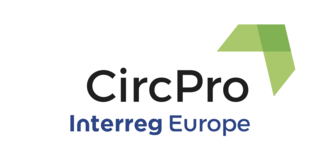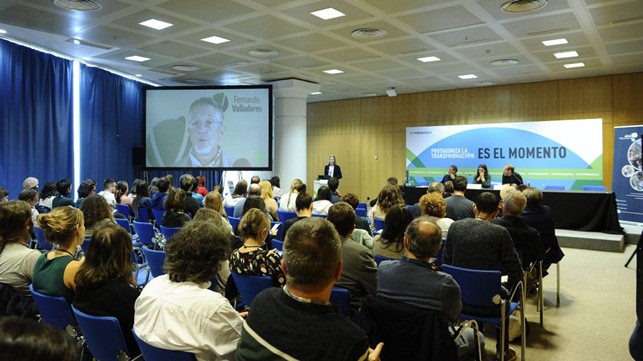The meeting started with the message of the Governor of the Regional Authority regarding Smart Public Procurements, stating that the Region has a strong intent to work together with all stakeholders towards a framework for facilitating the circular economy, combining regulations, market-based instruments, research, innovation, incentives, information exchange, and support for voluntary approaches in key areas. Furthermore, one of the priorities of the region is to become a leader in national level in terms of incorporating in its daily practice the principles of the circular economy in its competences.
An expert scientist from Democritus University of Thrace presented the meaning of green circular procurements in the case of Democritus University of Thrace and their work in incorporating circular and green criteria during these procedures. Also, a research project under development regarding the assessment of “circularity” of business procedures and operation was presented.
The case of DI.A.MA.TH. A.A.E., responsible body for waste management in the Region, is an excellent example of waste management integrating in their daily use terms of circular economy in various streams. A possible example of new model of procurement is the award to a private contractor of the operation of a Sanitary Landfill and the requirement to provide all the necessary equipment and machines.
The exchange of experiences was also supported by the presentation of results from the CESME project. Of particular interest was the call for proposal to SMEs for grants, which incorporated specific economic activities and “circular” selection criteria.
During the meeting by stakeholders presented cases of good practices of procurements incorporating elements of circular and green criteria. The identified examples were about the procurement for hybrid and eco-cars, LED lighting, office paper, food and food services and construction from various local and regional public authorities.
However, more guidance and training are needed to implement procurements with circular and/or green criteria.
A possible problem raised by the participants is how the Contracting Authorities can verify the circular or green criteria presented by the contractors, and how to overcome the legal challenges of potential exclusion of participants and narrowing of competition.
A potential application of circular criteria could be the incorporation of clauses to collect wastes in the award of events and festivities implementation.
Sunlight S.A. is implementing circular processes in the production of batteries as a big part of the required materials comes from the collection and recycling of batteries. To enhance this rate the company considers the implementation of a take back sales promotion system.
Additionally, it was agreed by all participants that in the case of Region East Macedonia and Thrace it examples of good practices can be identified in procurements with circular and/or green criteria and thus the Region will be able to fulfill the internal deadline for presenting one good practice until 20 December 2019.















